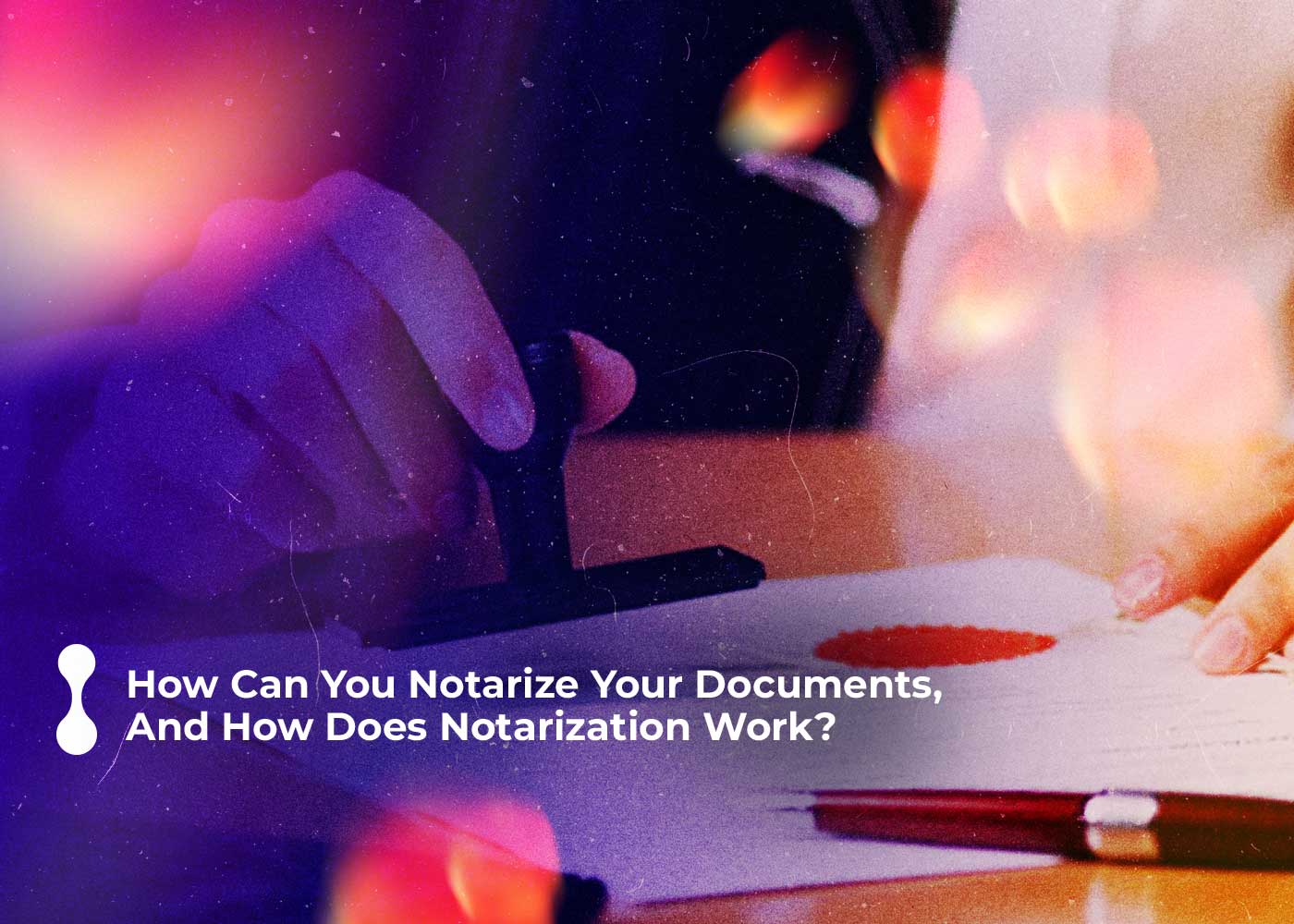If you need a document notarized, a simple free option may typically be found at your bank’s nearby location. When a notary public confirms your identification, verifies you signing the document, and, in certain situations, compels you to vow or affirm that the facts in the document are accurate, the document is notarized. Notarization is required for practically all legal documents, including letters of indemnification.
Because banks handle a large number of papers that must be notarized, it is usual for certain bankers to be notaries for the bank to provide free notary services to its customers. You may be charged a fee or directed to contact your bank if you are not a customer.
How does the Notarization Process Work?

The notarization procedure is usually straightforward. A document is presented to a notary public and signed in their presence. The notary then uses an official stamp to notarize the paper, fills in the date, and puts in their own signature. The notary will normally request to see a picture ID to ensure that you are the person whose signature is being notarized on the document. The notary will also validate that you understand what you are doing and if you are doing it with intent.
Powers of attorney, sworn statements, deeds of trust, rental agreements, promissory notes, copy certificates, beneficiary designations for retirement accounts, and motor vehicle bills of sale are some of the most typical documents that can be notarized.
Conclusion
Numerous papers and agreements, such as contracts, rental agreements, or automotive bills of sale, sometimes require someone to witness and attest to the identity of the person signing the paper as well as their comprehension of what they are committing to. These witnesses are known as Notary Publics, and they function as legal witnesses while also stamping signed papers with an official notary stamp.
Notary services are normally charged a nominal fee; however, they are frequently available for free through a bank or credit union. One such bank is TD Bank, which offers notary services for free. UPS Shops also provide notary services, and if digital signatures are permitted on the document being signed, online notary services can be accessed.
